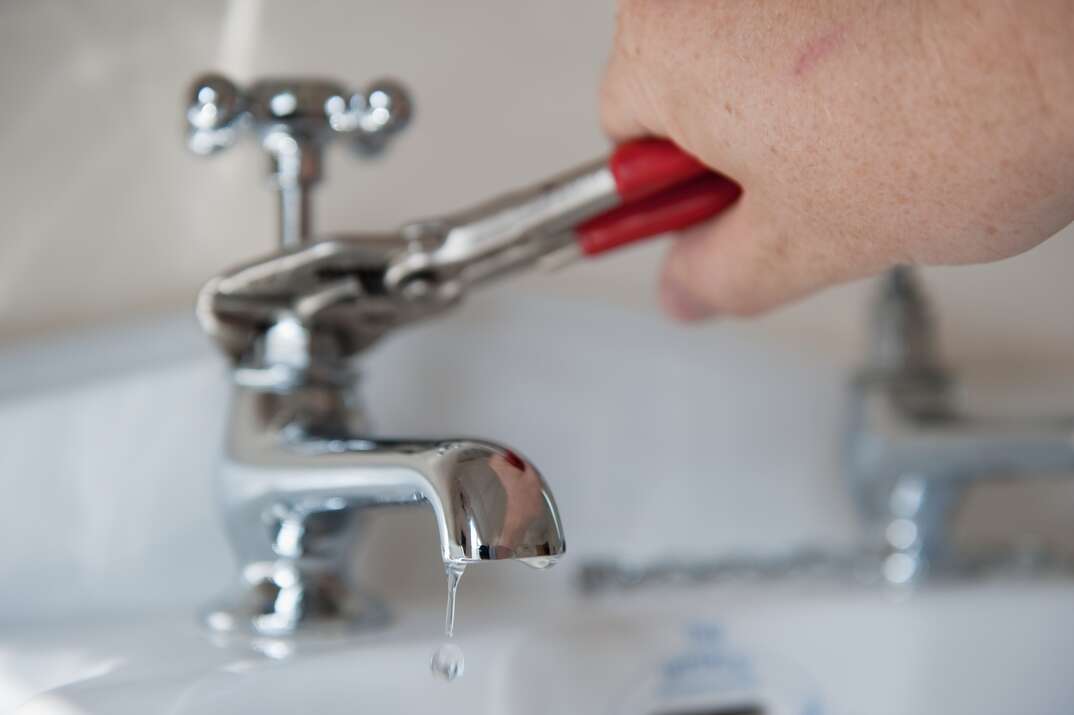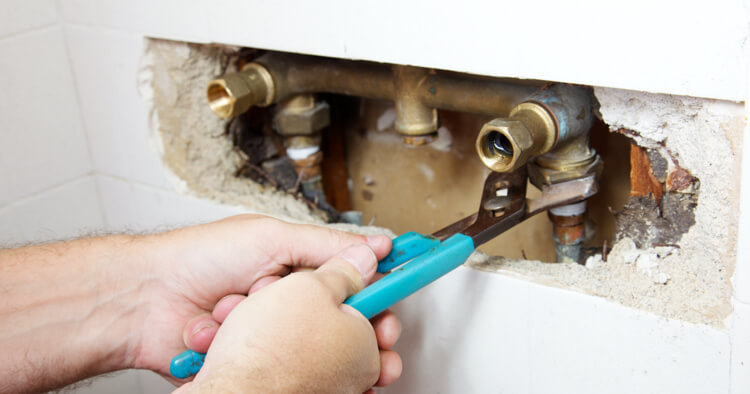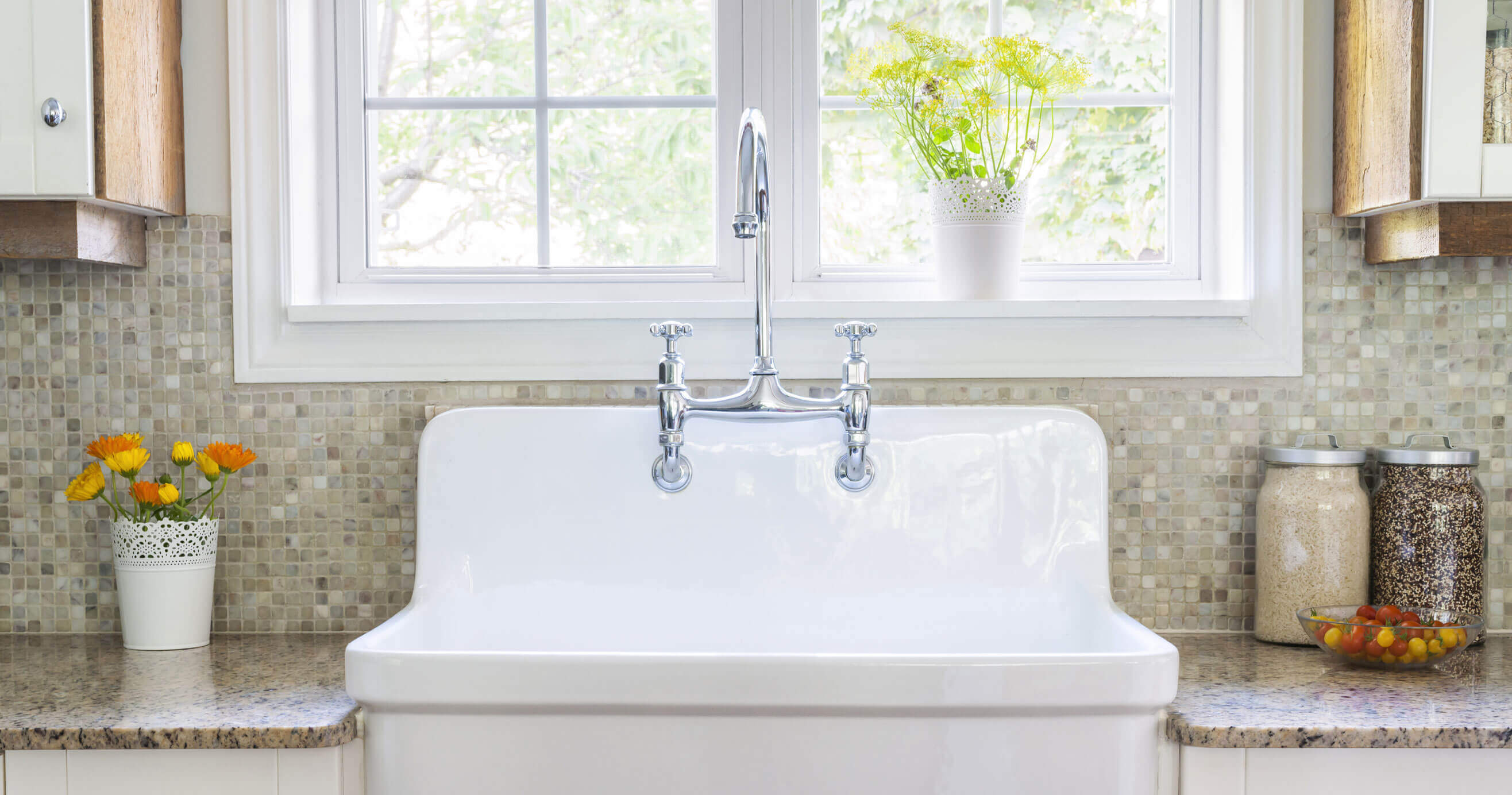Reasons to call a Professional Plumber

Not sure if you need the help of a professional plumber? If the issue falls under one of these scenarios, you should definitely call a professional for expert help.
When the water pressure is low
If the water in your home isn't flowing at its normal pressure, there could be a blockage or leak in the system, fractured pipe or eroded waterline. It can be difficult for the typical homeowner to pinpoint an issue like this. A plumbing professional can identify the source of low water pressure and advise on appropriate solutions.
When there's no hot water
If your water isn't heating up efficiently, it's likely a water heater problem. As these units run on electric or gas systems, it can be dangerous to do repair work on your own. Similarly, if there is no water at all, call a professional to determine the cause.
When you notice severe pipe issues
If you think you have blocked, burst or frozen pipes, call a plumber immediately. Look out for signs, such as strange noises when the tap runs, sewage smells coming from faucets, lack of water or frost on exposed pipes.
Blockages are typically caused by sediment buildup or large debris in the sewer line. DIY attempts to fix these issues can cause more damage, resulting in a much larger repair bill. Even worse, a failed repair to a broken sewer line can cause issues for an entire neighborhood.
When you hear concerning noises
If you hear an extremely loud noise coming from the pipes, it may be a sign that something in the system is broken or about to break. If you hear a gurgling sound coming from the drains or pipes, it can be a sign of a clogged or compromised plumbing system. The sounds will likely appear when you're using the toilet, shower, washing machine or dishwasher. If you hear these sounds, turn off the water immediately. This step will prevent the system from backing up into the house until the plumber arrives to inspect the issue.
When you're doing a home renovation project
If you're renovating the bathroom, kitchen, laundry room or other areas of the house that involve plumbing, make sure you get professional advice before starting the project. Relocating or installing plumbing-related items, such as sinks or dishwashers, requires the correct placement of supply lines and drains. A plumber can tell you if your renovation plans are feasible and ensure you have the proper permits. With that advice, you could save money on a potential repair or re-installation.
When you notice water damage
Look out for signs of water damage, such as leaks, water stains and mold growth. It's ideal to catch water damage before the mold growth gets too severe, as the fungus is a health and safety hazard. A plumber can determine the source of the moisture and perform appropriate repairs to prevent further mold growth.
When DIY solutions aren't enough
There are easy DIY fixes to many common plumbing issues, such as leaky faucets or clogged drains. Keep these plumbing do's and don'ts in mind if you are attempting to repair the issue on your own. However, if the problem persists even after you've tried to fix it, a more serious problem may require expert plumbing knowledge to repair.
If you're uncomfortable performing DIY plumbing, never hesitate to call a professional - even if it's for a simple fix. A mistake could lead to a more severe issue, so it's better to save yourself the hassle and get it fixed properly the first time around.
Being prepared before home maintenance issues arise is always a good strategy. Plans from HomeServe can help with the costs of covered repairs. See what plans are available in your area.


